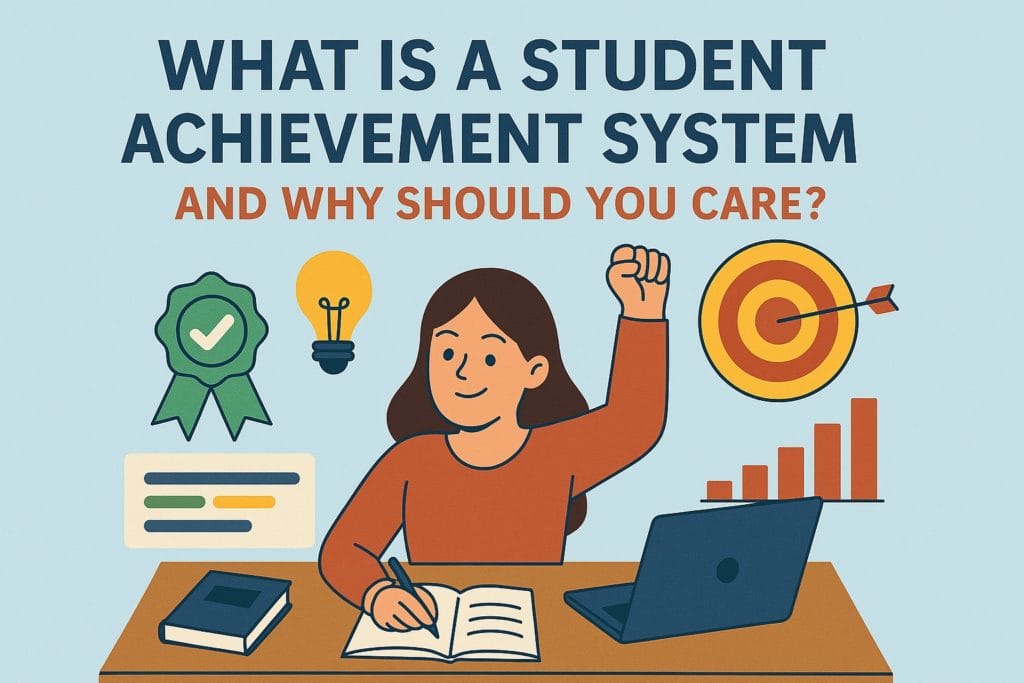
If academic life has you stressed out, you’re not alone. A recent study indicated that 80 percent of college students reported being stressed out while in school. Stress can manifest itself in many ways. In some cases, it can make it difficult to focus on studying or completing challenging assignments. Another common side effect of academic stress is writer’s block. If high levels of stress are keeping you from writing important term papers or other work, here are some helpful tips for coping with writer’s block.
What is Writer’s Block?
Writer’s block is an informal term used to describe when a writer loses the ability to produce new written work or otherwise experiences a significant loss of creative productivity. While this term is often used to describe professional writers undergoing a dry spell, it is quite common for students carrying a heavy writing workload to experience writer’s block as well. College and high school students experience writer’s block for a variety of reasons; here are some of the most common reasons why many students experience difficulties putting pen to paper:
- Stress and fatigue – if you are too stressed or overwhelmed with your workload, it can be difficult to get started on a challenging writing assignment.
- Procrastination – Students who have trouble managing their workload often find themselves jammed with multiple challenging writing assignments due simultaneously, and are too overwhelmed to start any of them.
- Boredom – If you’re not interested in a given subject, it can sometimes be extremely challenging to write about it.
- Fear of failing – Students who are overly anxious about how their written work will be judged, whether by professors or peers, often have trouble getting started with important papers.
- Distractions – Students who have other assignments, work, social activities, or other commitments often have difficulty focusing enough on their ideas, which leads to writer’s block.
So, what should you do if you realize that you faced the writer’s block? Well, first of all, you should try to relax and follow the easy tips that we have prepared for you.
Don’t Panic
We all know that being stuck with your written assignments with the deadline coming up isn’t the most pleasant thing in the world. However, panicking won’t help you at all. There are a few easy techniques that you should try when facing stress during your studies.
Use Controlled Breathing to Calm Yourself
Breathing exercises are a great way to calm yourself down and regain focus on what is important. There are several controlled breathing techniques that can help you reduce stress and start writing; here are some that you should definitely try the next time you experience writer’s block:
- The “8-4-7” exercise. This is a basic breathing exercise that can help you to calm down when you’re stressed. To practice the 8-4-7 exercise, exhale for eight seconds through your mouth as deeply and loudly as you can. Then, inhale through your nose for four seconds. Finally, hold your breath for seven seconds. Continue repeating this cycle until you calm down.
- Focused breathing. To use focused breathing, close your eyes, and concentrate on the tip of your nose. Inhale and exhale deeply, and try hard to feel the air going through your nostrils. Keep repeating this exercise until you feel calm and centered.
- Abdominal breathing. Abdominal breathing is another great way to calm yourself. Inhale deeply using your abdomen instead of your chest. Then, hold your breath for three seconds. Exhale quickly with a sighing sound, keeping the upper part of your body, and your face relaxed. Continue this breathing technique until you no longer feel stressed.
Using these techniques can help you eliminate stress and get started on those difficult writing assignments that are coming due soon. They can also help you to improve your sleep, concentrate better, and eliminate anxiety as well.
Think Positively
Never underestimate the power of positive thinking. Numerous scientific studies have proven the capacity of positive thinking to improve outcomes on difficult tasks, increase personal satisfaction, and even improve health. So, if you maintain a positive attitude as the writing assignments begin to stack up, you’ll be better prepared to tackle them and get them turned in to your professors.
One way to help you maintain a positive attitude is to visualize your success. In the case of a tough writing assignment, picture in your mind’s eye exactly what completing the assignment may entail, such as hitting send on an email, physically placing the paper in an in-box, and so forth. You should also visualize the emotions you believe you’ll feel when the writing assignment is complete. Doing little exercises like this as you put pen to paper will help keep you motivated from start to finish.
Stake a Break and Switch Tasks
Don’t burn yourself out, staring at a paper that you’re never going to write. If you feel that you’ve hit a brick wall on a writing assignment that you just can’t find your way through, put it aside for the moment and work on something completely different. Ideally, the new work you take up should have nothing to do with either the subject you’ve set aside or writing in general. Setting aside writing work that had you stymied will give you some much-needed rest and help clear your mind. Once you’ve had sufficient time away from writing work that was giving you problems, bring your paper back up and take another stab at it. You might be surprised to find out that your little break eliminated your writer’s block, and you can get back to work again.
Pomodoro Technique
If you’re experiencing writer’s block, another great way to deal with it is to use the Pomodoro Technique. This time management technique, developed by Frances Cirillo in the 1980s, has been used successfully by students ever since to tackle challenging assignments, including term papers and other written work. Many students use it to improve their study habits as well. While it can seem somewhat mechanical, the Pomodoro Technique can help to keep your mind sharp, avoid burnout while studying, and enable you to manage various assignments; it can be an especially effective way to tackle writer’s block, too. To practice the Pomodoro Technique, follow these simple steps:
- Set a timer for 25 minutes and start working on your writing assignment until the alarm rings. While you’re working, try to focus on one task at a time and avoid distractions such as your cellphone, television, or other homework assignments.
- When the alarm goes off, set your timer for five minutes and give yourself a break.
- Once your break is over, set the timer for 25 minutes and begin working on your writing assignment once again.
- When the alarm goes off, set your timer for five minutes and give yourself another break.
- After four of these cycles, give yourself a 20-minute timed break, then begin the process all over again.
Many students find the Pomodoro Technique really useful for overcoming writer’s block since it helps you stay focused on your work while giving you enough breaks to avoid fatigue. Using the timer can also help you combat procrastination since you work in short, focused periods and give your brain rest between the cycles.
Free Writing
Another simple hack to deal with writer’s block is to use a creative exercise called free writing. Set the work giving you problems aside for the time being, and write something completely unrelated to the official assignment, such as a blog post, a diary, a small story, or the first few random sentences that pop into your mind. Make sure whatever you’re writing is creative, fun and doesn’t take too much of your mental energy. After taking some time free writing, return back to your assignment. These free writing exercises are great because they can help you relieve stress and give you the creative boost you need to get started on a challenging writing task.
Isolate Yourself
Noise, people, and other distractions can hamper your ability to focus and lead to writer’s block. Additionally, dealing with disturbances like social media, cellphones, or your roommates can also make it impossible to work on a difficult writing assignment. To avoid distractions, consider finding a quiet place to work, such as a corner of the library or a classroom that isn’t in use. Alternatively, do your writing at night or early in the morning, when no one else is around. A little bit of peace and quiet may be just what you need to get rid of your writer’s block and finish that paper.
Just Muscle Through It
There is an old saying that “perfect is the enemy of good enough,” and it can definitely be applied to academic writing assignments. Students often become paralyzed by their own desire to write a great paper and fall hopelessly behind schedule. When you have a challenging writing assignment due soon, it is often better to just get it written as expeditiously as possible, and then improve the paper on the second draft. So, just muscling through a tough paper may be the best way to avoid writer’s block.
Final Thoughts
Writer’s block can strike you at any time and make it difficult to deal with challenging writing assignments. However, if you find yourself unable to get started on an important paper, don’t panic; instead, try using some of the techniques discussed here to tackle writer’s block and get back to writing as soon as you can! You can also turn to a professional service that will help you complete your work or write it from scratch. Remember, stay calm and carry on!
 Karen Palmer
Karen Palmer


